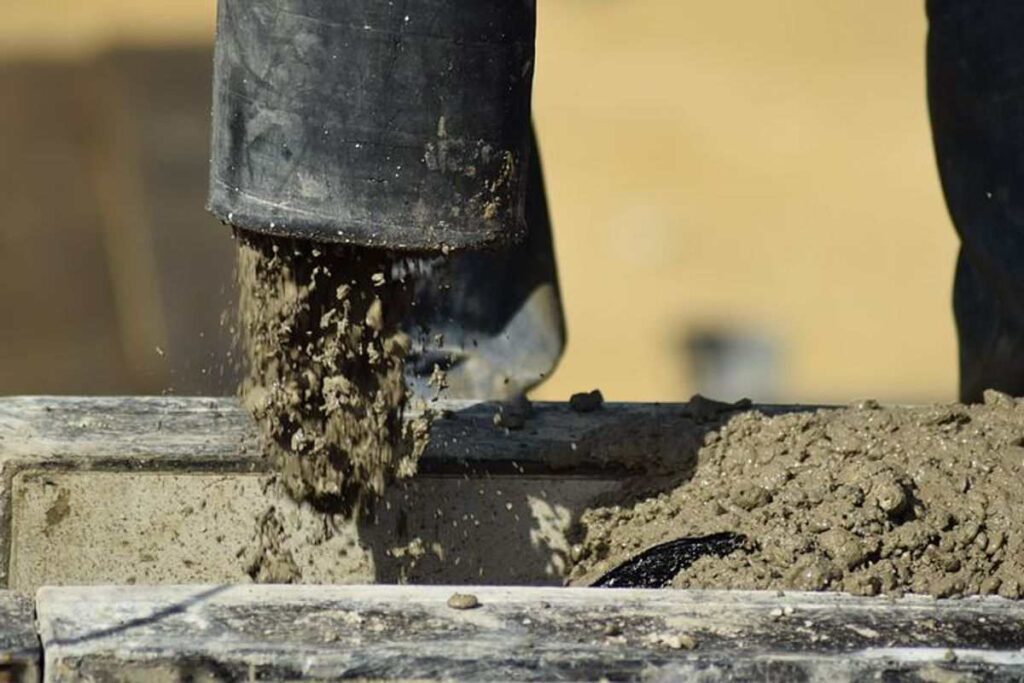The infrastructure industry is constantly growing fast, with the rapid construction of buildings. Technology has widely impacted the construction industry by improving the tools to make the process more cost and time-efficient.
Construction companies need to invest in good quality concreting tools that can help them get quality construction work done in a short amount of time. Investing in machines that can work efficiently and deliver work in a short period can cut down on labour charges and increase overall profits.
There is a wide range of concrete machinery available for construction companies in the market that are exceptionally high-quality. This article will provide you with all the information on the different construction tools you can go for.
Concreting Tools for Pouring Cement
Shovels
Shovels are among the best and finest tools that help you spread cement evenly. For all construction companies, using a shovel as a concrete tool provides smooth cement application and fills in the gaps usually left behind while pouring cement.
Mixers
Naturally one of the most critical tools for pouring cement, mixers help create an accurate mix of your concrete before it can be applied anywhere. Construction companies must invest in high-quality mixers to help ensure good quality infrastructure.
There are various types of mixers available to suit your requirements. Whether you’re going for a mixing truck, a portable mixer, or a wheelbarrow, ensure that your cement is thoroughly mixed and prepared well before application.
Concreting Tools for Finishing Concrete
Trowels
Trowels effectively smooth out cement on surfaces before it is dry for finishing coats. A trowel helps the surface become even and smooth and widely helps construction companies prepare a smooth base of any infrastructure.
There are different types of trowels available, both manual and electrical. You can choose to go for a manual trowel as it’s more common for smaller slabs. To cover larger areas and slabs, power trowels are a better option.
Polishers
These concreting tools produce a surface finish effect to the dried-up cement. How it generally works is that when your cement has dried sufficiently, you can use polishers on it to provide a smooth finish.
This is essentially done to create traction and safety and give the surface a shine and an aesthetic finish to the overall texture.
Concreting Tools for Testing Cement
Cement Moisture Meters
Cement moisture meters can provide surface conditions and information on ‘spot checks’ of drying slabs. These can come in handy when you need to check the surface for any drying area.
These meters are highly efficient and save much of your time. However, it’s important to remember that these meters only indicate the surface conditions and nothing more.
Relative Humidity Test Kit
Relative humidity or RH testing kits provide an accurate and detailed indication of the amount of moisture on the internal surface of a drying slab.
RH testing kits can provide adequate moisture data for cement installers and prevent any problems due to a lack of proper moisture.
Any improvement in the construction industry and the tools used effectively to build better infrastructure. For industrial companies, investing in good-quality concreting tools is a necessity. Although these tools may not be easy on your pocket, they’re worth investing in and buying and saving yourself from any problem that occurs in the long run.
Be it industrial spaces, residential spaces, or even homes; concrete tools are an essential requirement for everyone. They come in handy whenever you need to get a big or small project done and provide excellent results.
Read Also: Suggestions about Selling a House



